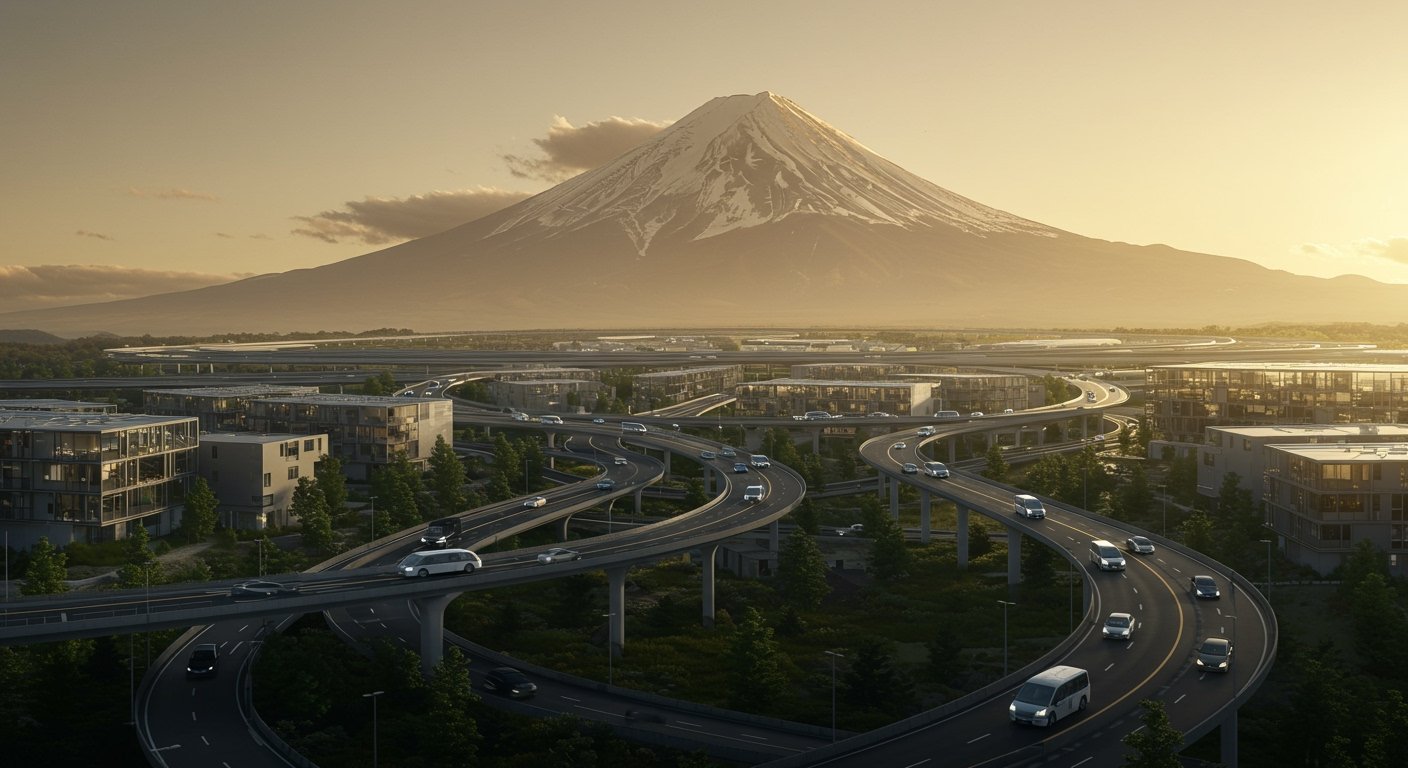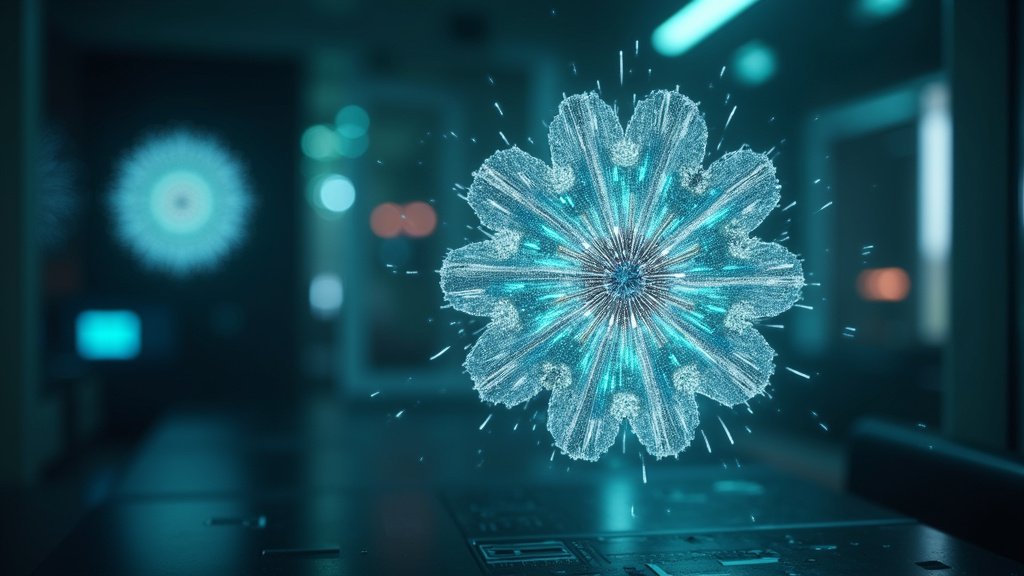TOKYO – The landscape of future living and technology is rapidly taking shape, highlighted by Toyota’s imminent inauguration of the world’s first robot city later this year. This ambitious undertaking is part of a broader wave of advancements spanning artificial intelligence, automation, and infrastructure development, as recent reports from across the globe indicate.
Toyota’s Vision: Woven City Takes Shape
At the forefront of these developments is Toyota Motor Corporation, which is set to open its groundbreaking project, Woven City, later this year. Located at the base of Japan’s iconic Mount Fuji, near Tokyo, this planned metropolis was first announced in 2020 with the express purpose of serving as a dynamic test-bed for new mobility solutions, advanced infrastructure, and sustainable technologies in a real-world environment.
Built on the expansive grounds of the former Higashi-Fuji plant, Woven City represents a significant leap towards integrating technology seamlessly into daily life. Initially, Toyota plans to welcome approximately 100 residents by autumn 2025. This initial group will primarily comprise Toyota and Woven by Toyota (WbyT) employees and their families, offering a controlled environment for testing and feedback. Phase I of the project anticipates expanding the population to 360 people, a number that will include external inventors and various collaborative groups, fostering a diverse community of innovators.
The city’s design incorporates several futuristic elements. Autonomous vehicles are envisioned as the primary mode of transportation within its limits, reducing congestion and potentially enhancing safety. Goods delivery will be managed through intricate underground logistics networks, minimizing surface disruption. Homes within Woven City are designed to be ‘smart,’ equipped with tablet-like terminals capable of controlling up to 100 different devices, facilitating sophisticated energy management systems. Access control will utilize facial recognition technology, adding a layer of modern security and convenience.
Global Push in AI and Automation
The technological frontier is also expanding rapidly in other sectors, with major players making significant moves in AI and automation.
Retail and logistics giant Amazon is reportedly developing humanoid robots specifically designed for customer deliveries. This initiative underscores the company’s commitment to automating its vast supply chain and last-mile delivery operations, potentially revolutionizing how goods reach consumers. The company is establishing a dedicated testing facility to refine the capabilities and reliability of these advanced robotic couriers.
Meanwhile, the United Arab Emirates is embarking on a monumental artificial data centre project known as Stargate UAE. Located in Abu Dhabi, this ambitious undertaking is set to come online in 2026. The scale of Stargate UAE is immense, planned to host 5 gigawatts of data centers and powered by a staggering 100,000 Nvidia chips. This project highlights the global race to build the foundational infrastructure necessary to support the burgeoning demands of artificial intelligence and data processing.
In the realm of AI development itself, OpenAI has made headlines with its largest acquisition to date. The artificial intelligence research and deployment company is buying a hardware start-up in a deal valued at $6.4 billion. This strategic move suggests OpenAI’s increasing focus on integrating its software advancements with specialized hardware, potentially paving the way for new AI capabilities and deployments.
Further demonstrating the practical applications of AI, researchers at MIT have developed an innovative AI-enabled machine learning-based adaptive control system. This technology is designed to significantly enhance the capability of autonomous drones, allowing them to navigate highly unpredictable environmental conditions. A key application highlighted is the system’s ability to help drones cope with challenges such as high winds during critical operations like monitoring or assisting in wildfires.
A Transformative Era
Collectively, these developments signal a transformative era in which AI, automation, and interconnected infrastructure are poised to reshape urban environments, industrial operations, and even our interaction with the physical world. From the integrated living laboratory of Woven City to massive data processing hubs and intelligent autonomous systems, the future envisioned by technologists and corporations is rapidly transitioning from concept to reality, promising both unprecedented opportunities and new challenges for society.




